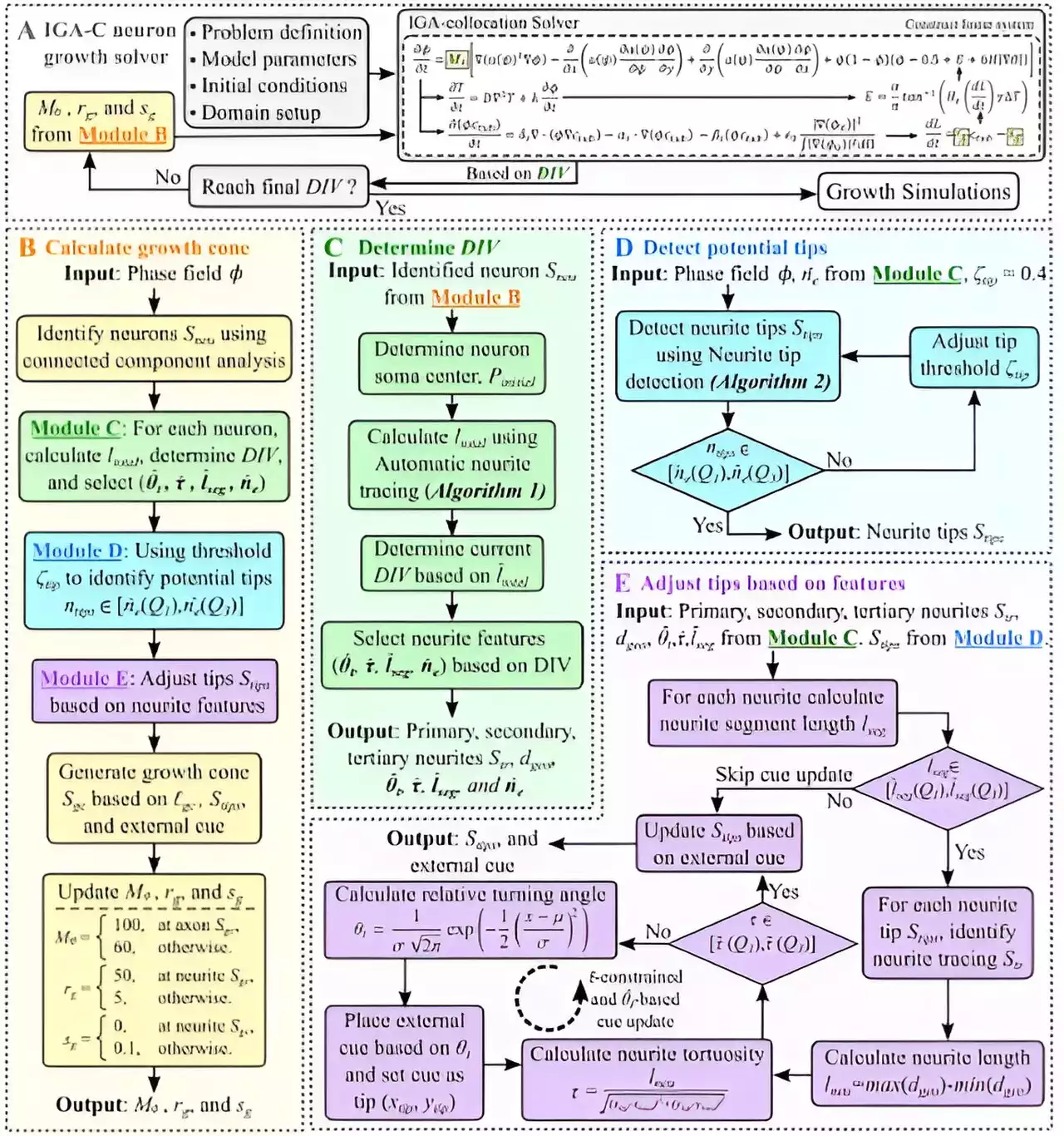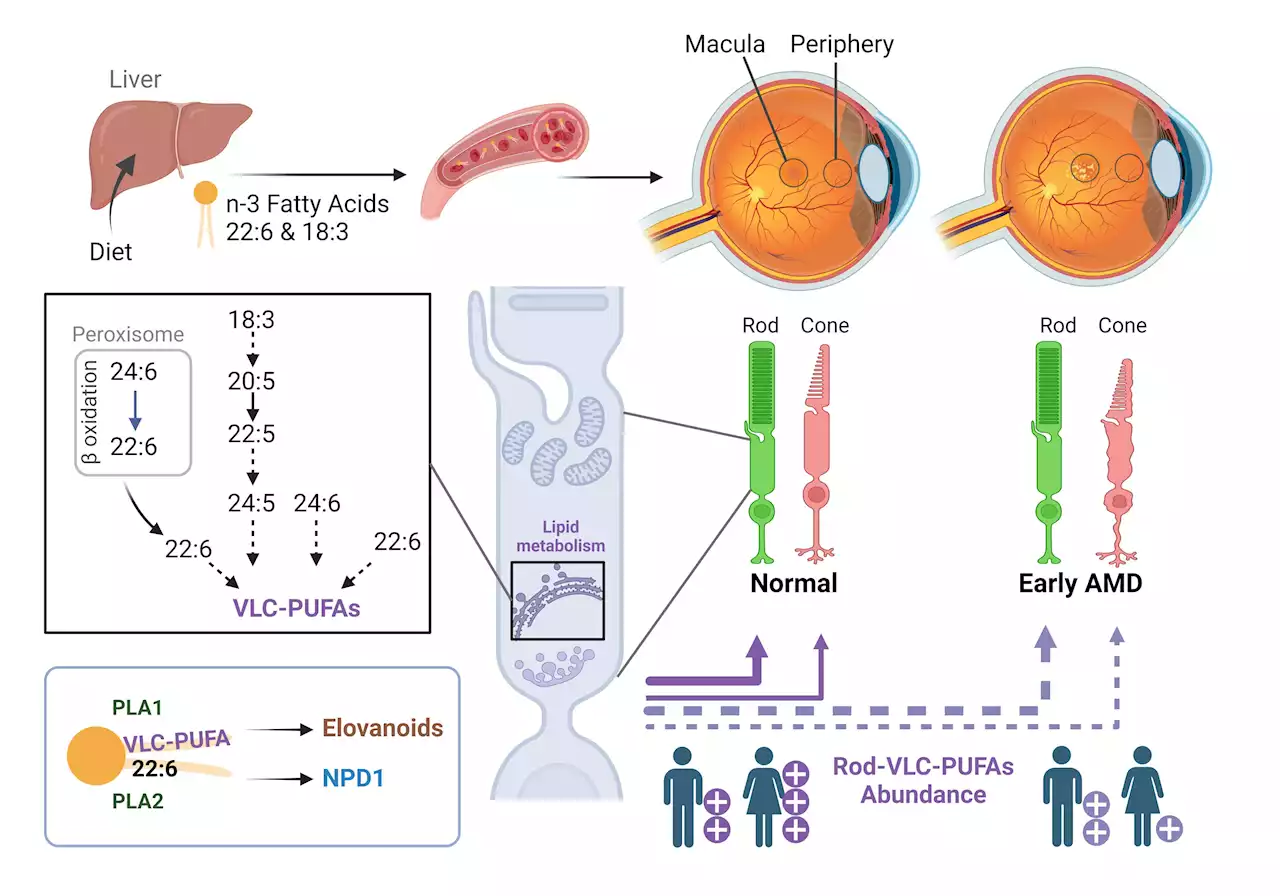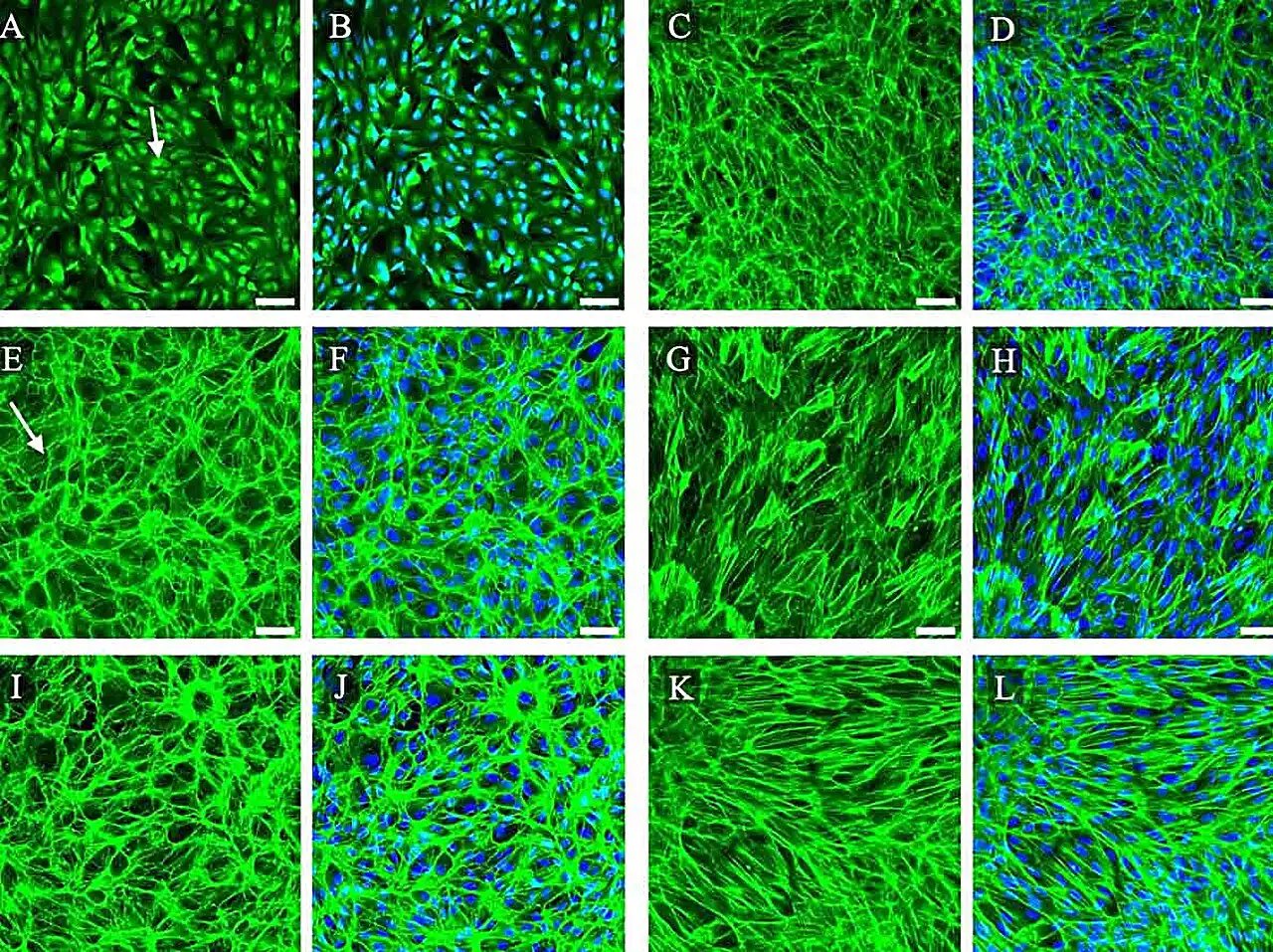Researchers at Utah State University have successfully demonstrated that hagfish slime proteins can accurately replicate membranes in the human eye.
Professor Elizabeth Vargis and her team study a condition called age-related macular degeneration that causes damage to the retina, making it difficult to see. They study in vitro models of Bruch's membrane, a layer in the retina of the eye, to compare the natural aging process to the effects of AMD.
Studying the connection between an aging Bruch's membrane and deterioration caused by AMD is challenging in live subjects due to the slow progression of the disease and the complexity of isolating specific layers of the retina. Creating an in vitro model of Bruch's membrane that mimics both its healthy and aged states help researchers understand the relationship between
Singapore Latest News, Singapore Headlines
Similar News:You can also read news stories similar to this one that we have collected from other news sources.
 Branching out: Modeling neurons in new waysNothing is easy to predict, especially not the development of organisms. However, predicting neuron cell growth has just become a little bit easier, thanks to CMU researchers.
Branching out: Modeling neurons in new waysNothing is easy to predict, especially not the development of organisms. However, predicting neuron cell growth has just become a little bit easier, thanks to CMU researchers.
Read more »
 Researchers discover a key failure in AMD that may lead to progression and vision lossResearch led by Nicolas Bazan, MD, Ph.D., Boyd Professor, Ernest C. and Yvette C. Villere Chair for the Study of Retinal Degeneration, and Director of the Neuroscience Center of Excellence at LSU Health New Orleans School of Medicine, suggests that age-related macular degeneration (AMD) decreases an essential fatty acid, preventing the formation of a class of protective molecules and reducing repair potential. The discovery may also open new therapeutic avenues for AMD. The findings are published in Experimental Eye Research.
Researchers discover a key failure in AMD that may lead to progression and vision lossResearch led by Nicolas Bazan, MD, Ph.D., Boyd Professor, Ernest C. and Yvette C. Villere Chair for the Study of Retinal Degeneration, and Director of the Neuroscience Center of Excellence at LSU Health New Orleans School of Medicine, suggests that age-related macular degeneration (AMD) decreases an essential fatty acid, preventing the formation of a class of protective molecules and reducing repair potential. The discovery may also open new therapeutic avenues for AMD. The findings are published in Experimental Eye Research.
Read more »
 Researchers introduce technology for producing biomimetic implants with specified permeabilityResearchers from Skoltech, National University of Science and Technology MISIS, and Saint Petersburg State Marine Technical University have shared results of their new study exploring the permeability of biomimetic implants. The paper is published in the International Journal of Bioprinting.
Researchers introduce technology for producing biomimetic implants with specified permeabilityResearchers from Skoltech, National University of Science and Technology MISIS, and Saint Petersburg State Marine Technical University have shared results of their new study exploring the permeability of biomimetic implants. The paper is published in the International Journal of Bioprinting.
Read more »
